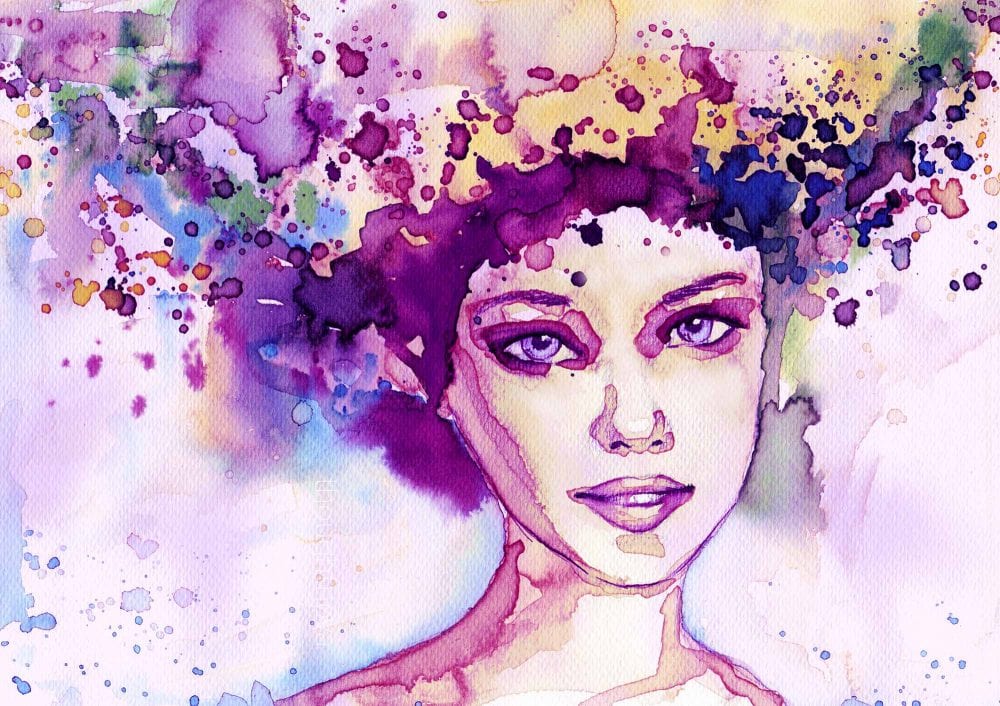Consider this scenario. You have planned a dinner with a friend, and are excited because it is happening at an amazing place that just opened. But as you get online to check out their menu, a message arrives on your phone.
She is sorry she won't make it. Apparently, the restaurant is not built to accommodate the physically handicapped – she cannot get in with her wheelchairs as the passages are way too narrow.
Naturally, you feel sorry for your friend and angry that the restaurant was not designed with physically challenged people in mind.
Oh, well. What else is there to do but to find another place to have dinner? Hopefully, they serve your favorite meal.
Imagine a similar situation.
But this time around, the message you get says the friend is not feeling well, and therefore cannot honor the appointment. Apparently, she just wants to stay in and rest.
Except that's not the whole story. She is suffering from extremely high anxiety, and the idea of a new place with noises and all that stimuli will be hell on earth for her.
She has tried some medications, but they are not working as well as she would like. She knows she is just a few steps from suffering a serious panic attack, and she cannot let that happen in a crowded restaurant.
Maybe it's not anxiety.
It could be that your friend is depressed, and she cannot even bring herself to even take a shower or get out of bed. She understands that the dinner will not be fun for her. She also knows it will not be fun for you either as you will spend the time trying to find out what's wrong with her and trying to cheer her up.
She understands that a doctor might be needed here, but she believes she will be okay. The antidepressants sap her energy though. But she cannot go out, that's for sure.
But that is not what goes on in your head when she says, "I'm sorry I cannot make it today." You don't even bother to read her explanation, because 'she always does this', canceling on you at the very last minute.
You feel upset. Once it happens a few more times, you stop making joint plans with her altogether.
But why is it that you can understand your wheelchair-bound friend when she says she cannot go, and it's because of her body, but you will not understand when your friend with a mental challenge uses the same explanation to change her plans?
It might be because you can actually see a wheelchair. Someone suffering from depression or anxiety will look fine. That's because she knows to appear before people when she is in her best mood.
She might even never have mentioned her problem to you, as she knows how people with mental illness get stigmatized.
If it were diabetes or asthma, you would totally understand them and would never consider them weak or regard them as such.
But when your friend is feeling down due to depression, you tell them to snap out of it, to be stronger, and to stop being dramatic. You think it's all because they want attention. But within them, they are undergoing serious battles we cannot understand.
It's not fair for them, is it?
Mental illness in America is considered shameful and is often hidden from the judgmental eyes of society.
People think of it as a weakness, and people get accused of being attention seekers or lazy.
They also get labels like anorexics, schizophrenics, bipolar, psychos, and even narcissists. These words are used on these people, and the stigma against them worsens.
And so, they bear their suffering in silence, and seeking help feels like an admission of failure.
But this is a serious problem, as one in five Americans has a mental health diagnosis, with anxiety as the most common.
What does this tell you?
The next time a close friend makes a random unexpected cancellation on you, you might want to reserve judgment.
Chances are that they are struggling with addiction, depression, eating disorders, or even bipolar disorder.
So, instead of getting upset and thinking they are being dramatic, try to find out if there is something you can do for them. How about asking: "Would you prefer us ordering take out?" "Would you like to talk about it?"
Your friend needs to know that you care about her. And if you have been down the same path, share your experience. Let them learn to heal themselves from your experience.
And for the person undergoing this today, I have something to tell you.
You are not alone. A lot of us have these problems. But your life still matters, and you are not weak or dramatic. You also deserve help instead of suffering in silence.
So, see a therapist, take medication, and try to get better and be happy. Tomorrow, you could be the person helping a loved one overcome their mental health challenges and making the world a happier place for all of us.
Life promises us all a better tomorrow. So, don't feel sorry for yourself.



